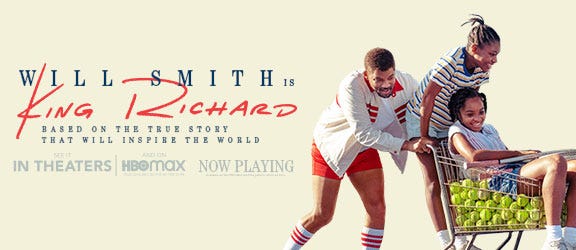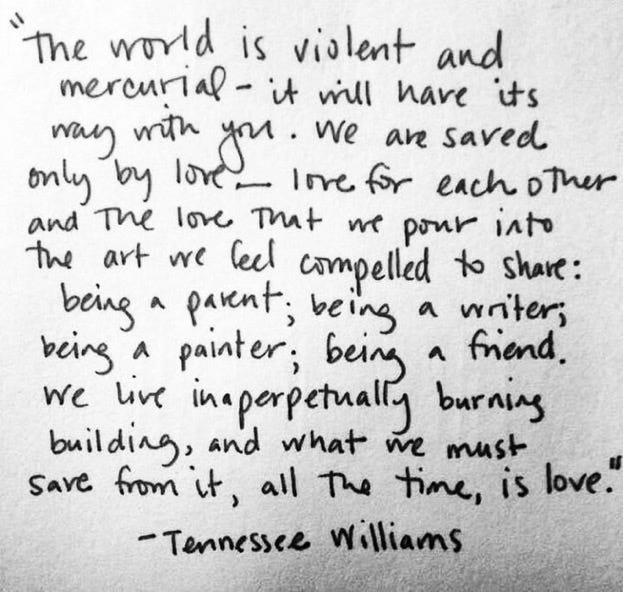Dear Small Talker,
Welcome to the forty second edition of Small Talks. Every Friday, I highlight 6 areas of weekly joys and reflections in early childhood and the whole family. Small Talks leverages my experience at the intersection of education, philanthropy, and impact investing. Enjoy!
What I’m celebrating -
Remarkable findings on guided play. Learning via ‘guided’ play can be as effective as adult-led instruction up to at least age 8. Play-based learning may also have a MORE positive effect on younger children’s acquisition of early maths skills compared with traditional, direct instruction.
“The COVID generation: how is the pandemic affecting kids’ brains?” is an excellent piece by journalist Melinda Wenner Moyer in Nature, where she analyzes the latest research on the impact of COVID on cognitive & socio-emotional development for our little learners. Overall concerning trends.
In “How racism in early life can affect long-term health”, Dr. Jack Shonkoff at the Harvard Center on the Developing Child reviews the effects of racism and adversity on health outcomes.
Some favorite entrepreneurs announced big rounds of funding this week at the bookends of learning:
Ruben Harris at Career Karma announced a $40m Series B to continue changing the paradigm for careers and economic mobility - including many parents of little ones. Most investors are women or people of color.
Chris Bennett at Wonderschool, announced a new $25m Series B to accelerate its efforts in increasing both supply and quality in home-based child care. Part of the One Million Black Women initiative, the new funding will help accelerate Wonderschool’s efforts to support Black women caregivers, mothers, and girls.
Carla Small announced a funding for EarlyBird Education to screen and support young children with dyslexia and other reading difficulties.
Also, big milestone for edtech: Owl Ventures raised $1Bn set of new funds dedicated to education technology. Their first fund was $100m in 2015.
What I’m listening to -
Dan Wuori at the Hunt Institute kicked off 2022 with an inspiring session on the work of First 10 at EDC and the need to think holistically across early childhood development and early elementary, and involve parents early.
My favorite quote:
“Education doesn't start when kids attend school. It does not start when they attend early childhood. It starts in the womb. It’s a no brainer to do this work; it allows us to work collaboratively to help students from birth.”
- Dr. Andrea Berry, Superintendent in York
The White Picket Fence podcast explores what is preventing investments in public goods, including caregiving. Season 2 is all about the caregiving crisis.
What I’m reading -
Supercharge Your Brain: How to Maintain a Healthy Brain Throughout Your Life by James Goodwin, outlines simple strategies concerning exercise, diet, sleep and social interactions can transform the brain health paradigm. Great podcast episode by EdSurge with the author.
Only 25% of the changes in thinking skills over a lifetime are attributable to DNA; 75% are caused by environment and lifestyle.
Only 10% of the happy hormone (serotonin) is produced by the brain; 90% by the guts and other parts of the body.
New brain cells are created until age 90.
Goodwin outlines how education is critical for high level cognitive skills, social cognition, and emotional regulation.
What I’m watching -
This TEDx “Love, a low tech solution” leverages Laura Peterson’s experience in global orphanages spreading messages on attachment.
King Richard - an inspiring movie about Richard, Serena and Venus Williams, featuring Will Smith- about fatherly love and big dreams.
What I’m learning and exploring more deeply -
In “Parents have the power to become America's strongest special interest group”, Dana Suskind outlines the potential for mobilization of parents toward better supports, similar to the AARP for retired.
The Science of Love in Early Care and Education, a beautiful piece by Laura Jana.
Enrollment in college is precipitously dropping with 1 million fewer students in higher education due to a strong economy and changing perceptions of value.
Happy birthday to the world’s oldest person, Kane Tanaka, who turned 119. It may be a source of inspiration to read this remarkable paper by Sasha Johfre at the Stanford Center on Longevity on the social construct of age & intergenerational relationships.
In 1900, 6% children had 4 living grandparents. 40% do in 1995.
3% children have a close relationship with an elder outside of the family.
Quote I am pondering -
Feedback is a gift. Which part above is your favorite? What did I miss? What do you want more or less of? Other recommendations? Please kindly let me know. Thank to all all of you who are sending me amazing suggestions.
If you enjoy this newsletter, please help spread the word by sharing with your friends, colleagues, and networks.
Have a wonderful week. Please stay safe and care for each other.
Isabelle






I shared resources from this newsletter with multiple groups from my network on three different communication channels. Your work in curating these materials has a rippling impact! Thank you for your efforts - we appreciate you and your efforts keeping our attention on our littlest humans.